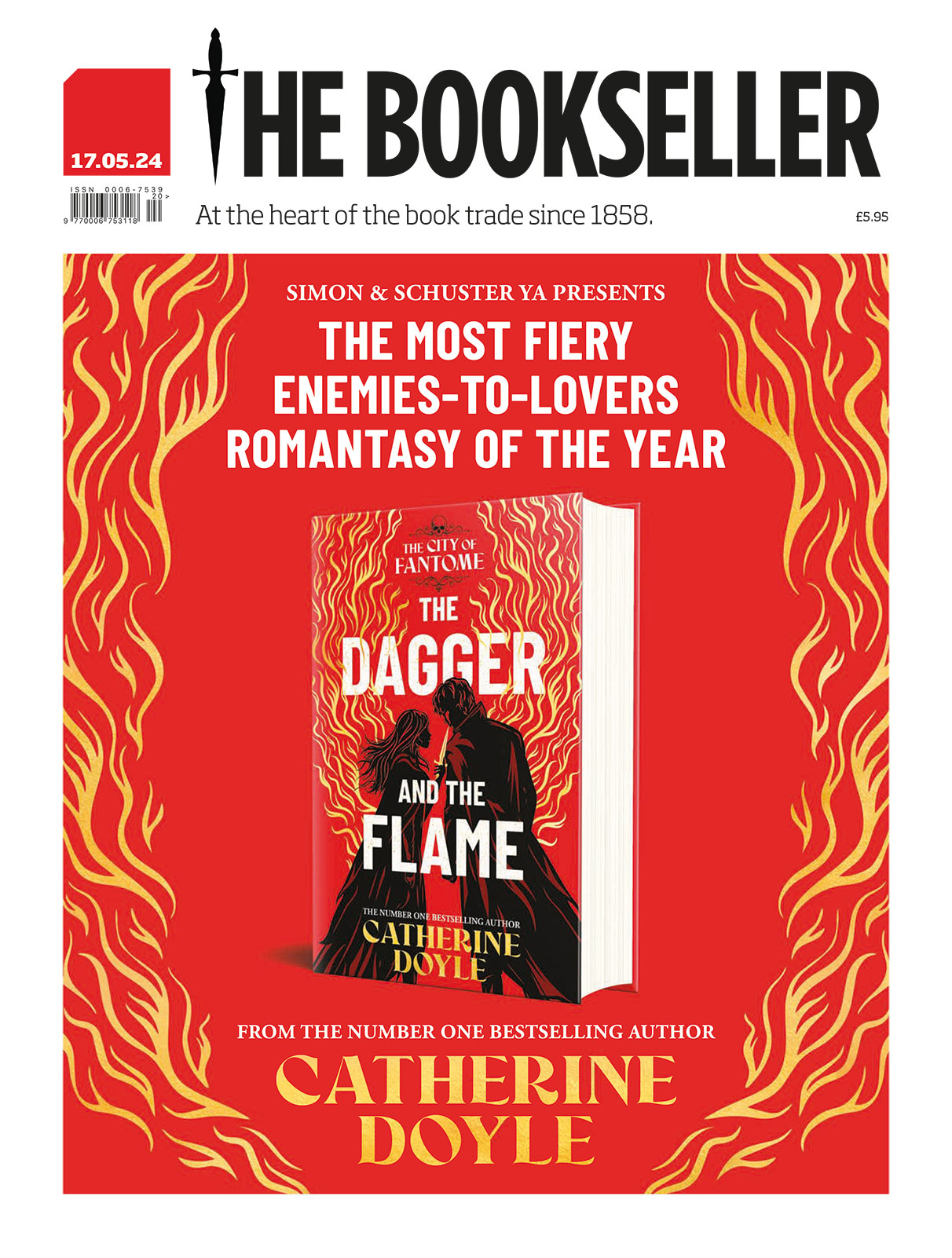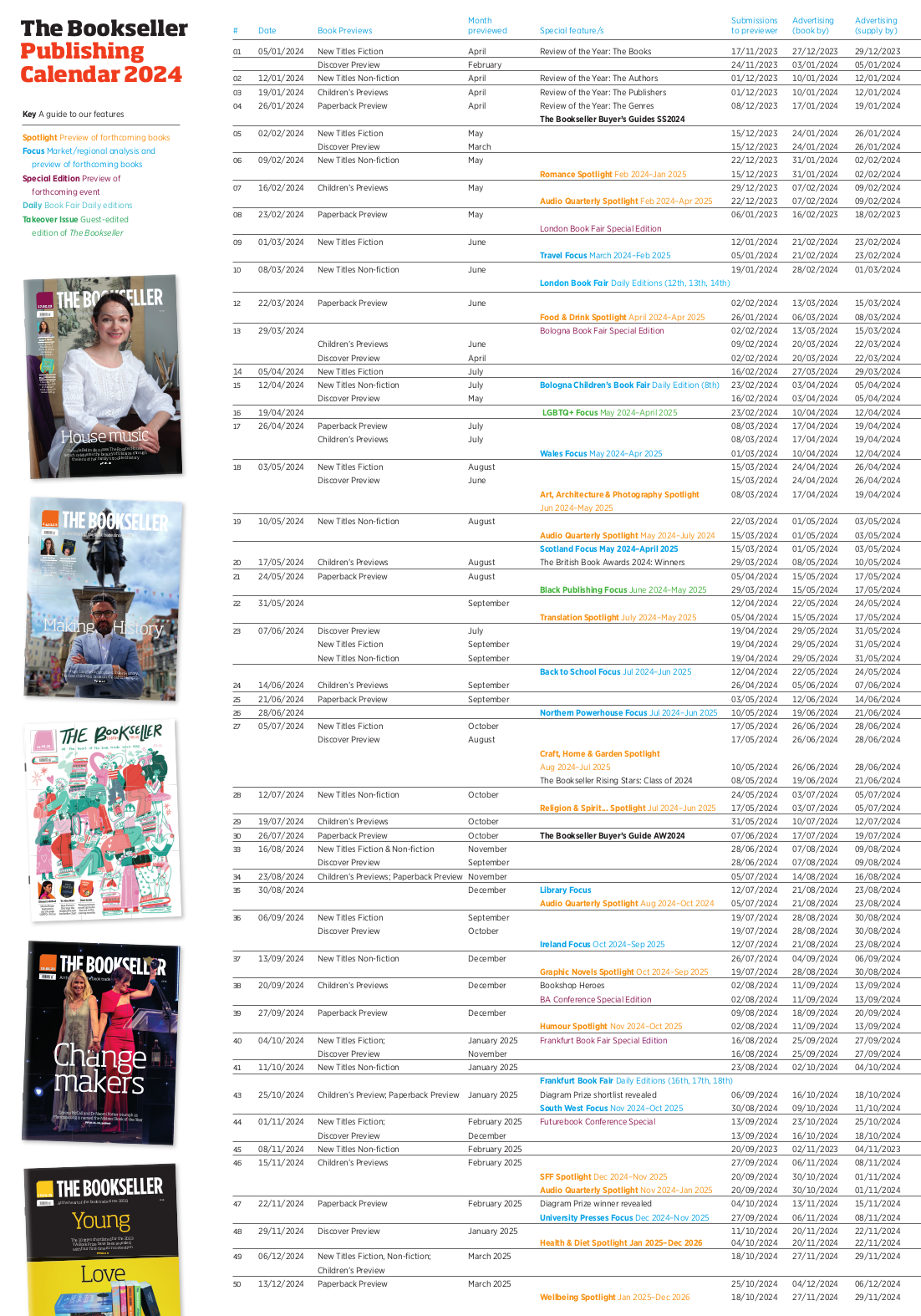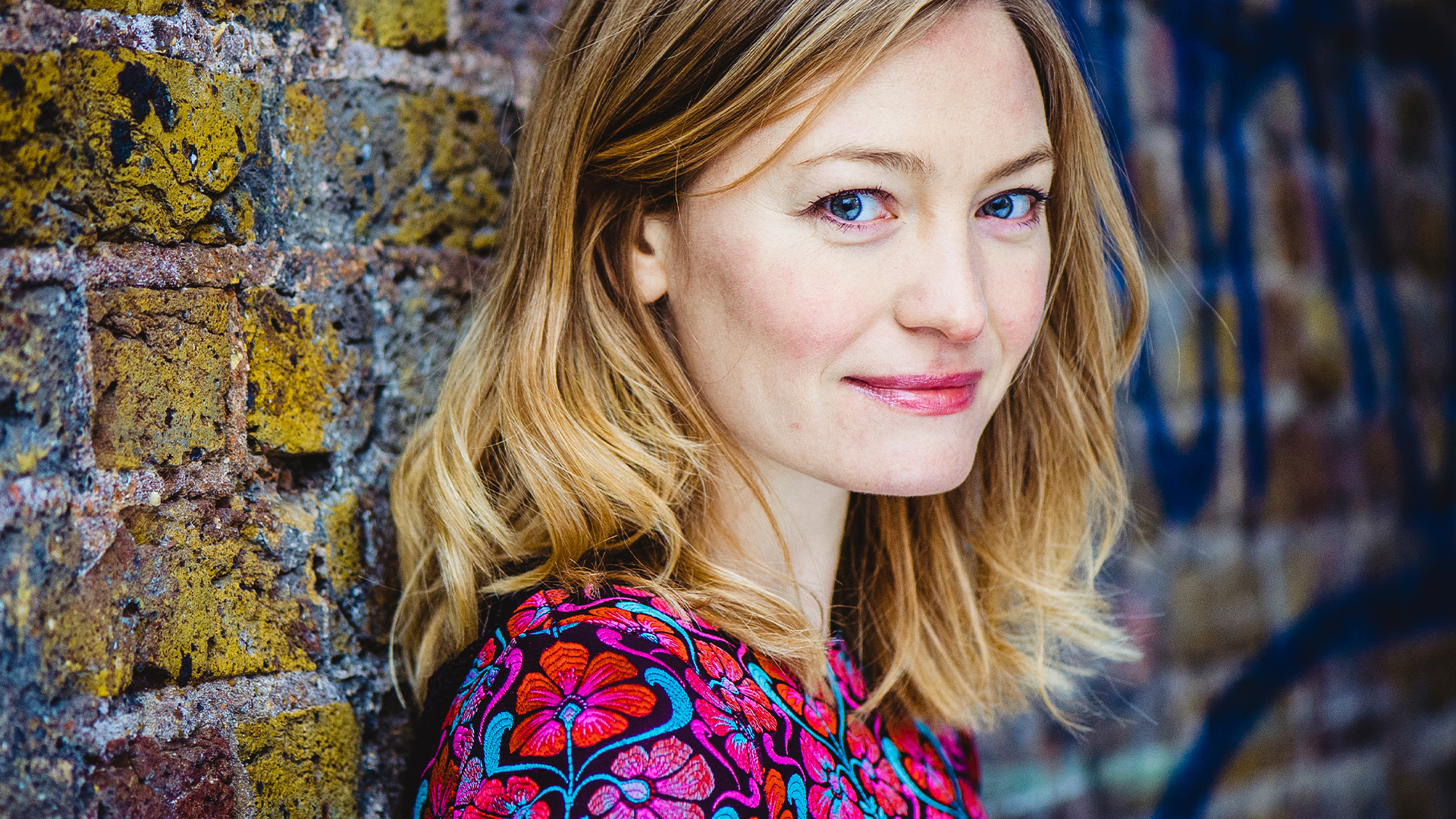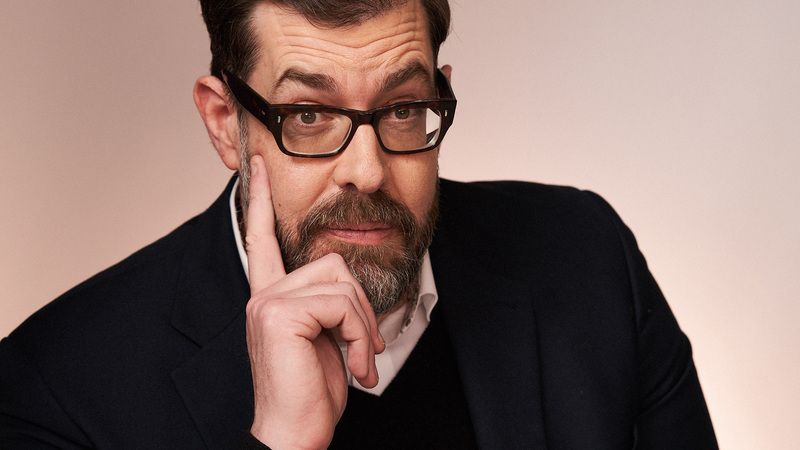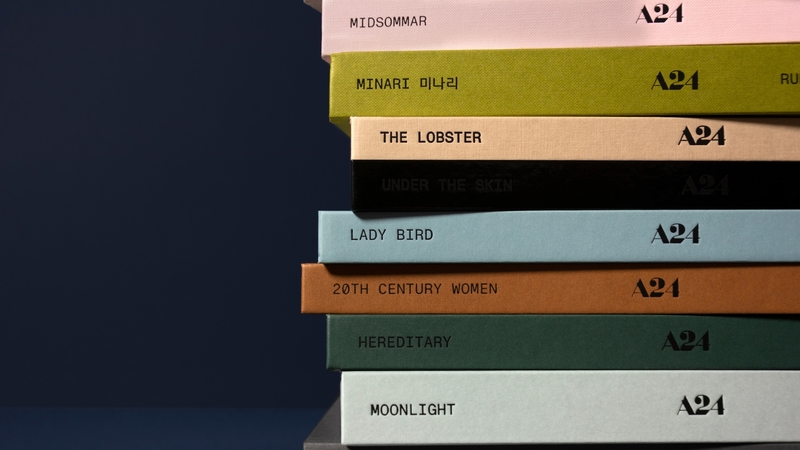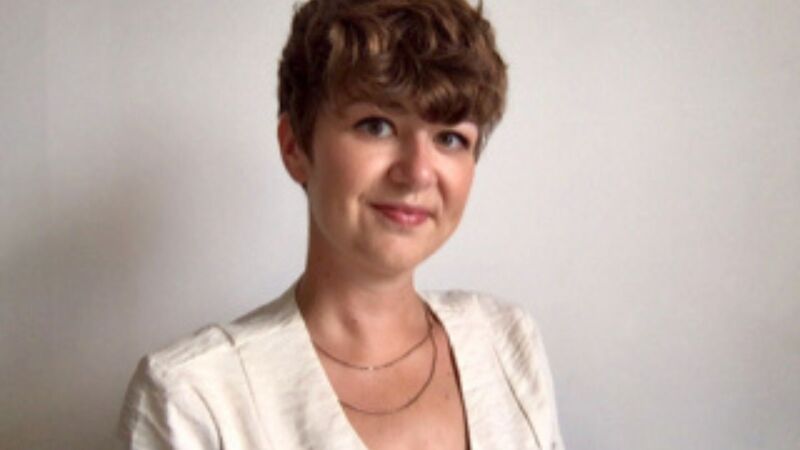You are viewing your 1 free article this month. Login to read more articles.
Holly Smale | 'Change happens one story at a time, reminding the world what autism is from the inside'
Holly Smale, bestselling author of the Geek Girl series, discusses how autistic characters, and authors, should no longer be seen as ‘niche’
Holly, your beloved Geek Girl character Harriet Manners resonated strongly with my teenage daughter, before either my daughter or I realised we were autistic, so how important is a character like Harriet for girls experiencing stigma, or lost in the system?
So many young people have connected with Harriet for the different way her mind works and how she sees and interacts with the world. They love her because she’s autistic, even if they didn’t know it. I’m open about my own diagnosis because Harriet’s popularity is another step towards changing the conversation around autism, helping to destigmatise it. Autistic girls need to have someone they know and adore on their team. Through Harriet, I want them to be seen as the valuable, loveable, individual people they are. Change happens one story at a time, reminding the world what autism is from the inside.
There’s a huge problem surrounding late or missed diagnoses in women and girls, so how useful is fiction in changing people’s perception of autism?
Sadly, it’s not just girls and women. Autism studies have typically revolved around white cis males, so if you’re a person of colour, non-binary, trans, female, you’re likely to be missed. The outdated stereotype is so ingrained—it’s hard to find a prominent fictional autistic character that isn’t a white male who loves physics! Fiction is essential not just to highlight the wide and beautiful diversity of autistic people, but in allowing those who don’t fit the “mould” to feel included too.
As an adult, do you see yourself authentically reflected in characters who are labelled or coded autistic?
I don’t think I’ve read an adult character who feels truly like me yet. There’s usually a sense that my neurology has been co-opted as “quirkiness” and some kind of “hook” or punchline. Children’s literature seems to be making great strides, yet autistic adults need to see themselves accurately portrayed too. Our life journeys are often different but there’s little to reflect that in fiction. The more open the book world is to autistic voices of all ages, the faster genuine representation can happen.
I’m sure you’d like to see more neurodivergent writers within the industry, but have you found it easy discussing your own need for accommodations?
If I’m specific, I’ve found people can be receptive. Small changes make a huge difference and they’re not difficult to implement, whether it’s virtual meetings, email interviews, longer processing time or clearer communication. The hardest part can be knowing what to ask for. Also, finding the courage to ask without judgement, or at a cost to our careers. After years of being labelled “difficult”, autistic people don’t want to be seen as trouble.
Book promotion can be tough even for non-disabled writers, so how have you coped? Has it been easier since your diagnosis?
Historically, I’ve struggled, as it relies heavily on skills I don’t have. Promotion tends to wipe me out. I’ve been lucky that my publishers have always been supportive, but I do feel more comfortable speaking up now, from requesting longer breaks between events, smaller groups, a detailed schedule in advance, or even just a particularly quiet hotel if I’m staying away from home. The difference has already been immense.
You already have a dazzling track record, but what can the industry do to embrace an autistic writer at the start of their career?
We need to stop seeing autistic authors, and characters, as “niche”. We have fascinating, hugely valuable stories with potential bestseller appeal. Budding autistic writers may need additional support and accommodations, but there’s no reason they can’t have long, hugely successful careers without burning out in the process. Just make sure not to limit or dismiss them before they get there.
On a final positive note, what strengths do you feel an autistic writer can bring to the table?
What we generally have in common is an ability to give a story a distinctive, fresh spin. We have often spent our lives studying people, and many of us prefer written communication to verbal, so we are leaning into our primary skill-set. We’re also often amazing at hyper-focus, detail and “scripting”. There’s a reason so many successful authors—potentially Virginia Woolf, Isaac Asimov—are considered to have been autistic. Our natural strengths tie in perfectly with the attributes of a great writer, so give us the appropriate tools and sit back and watch us flourish!

